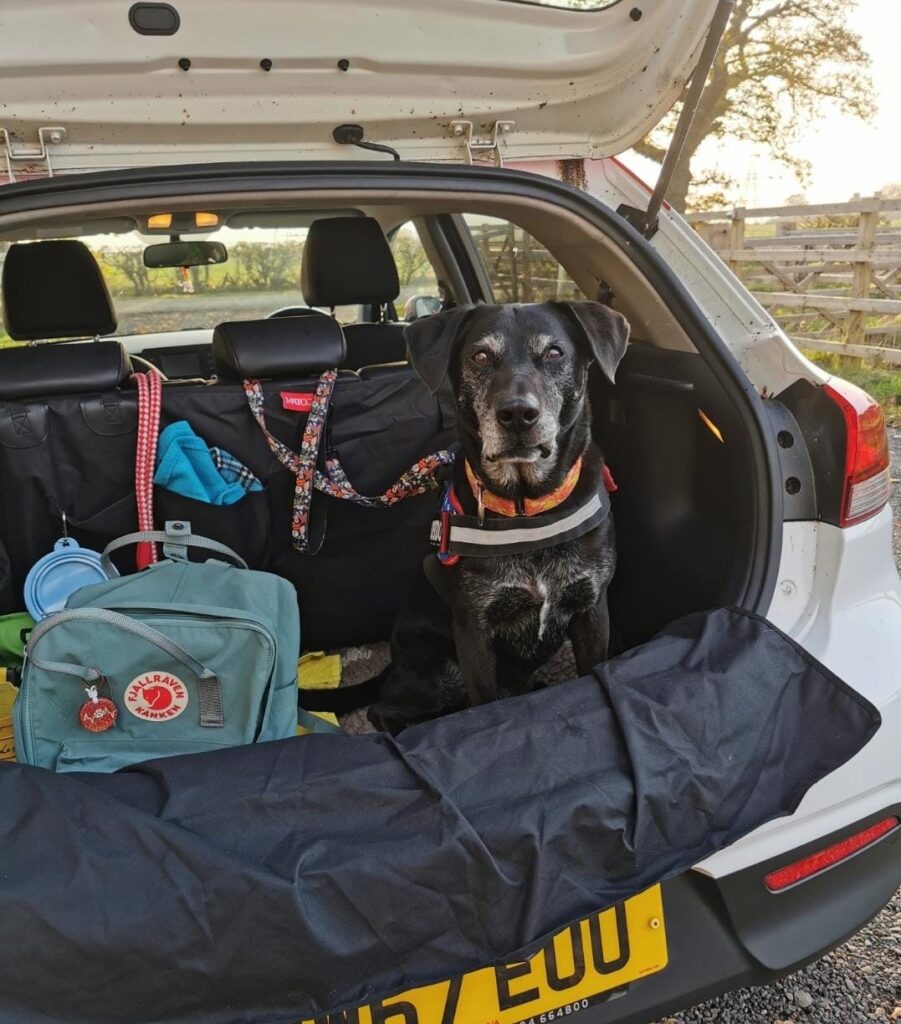Pet Travel – What is an Animal Health Certificate (AHC)?
Travelling with your pets
Since January 2021 rules for travelling with your pets to the EU have changed. Rules for travel outside of the EU may vary between countries so you are recommended to research individual travel rules in advance.
The gov.uk website is very useful for up-to-date information; Taking your pet dog, cat or ferret abroad: Overview – GOV.UK (www.gov.uk)
Travelling to the EU
The following are required to be able to travel with your pet:
- Microchipped
- Valid rabies vaccine (must be over 12 weeks old to have this)
- Animal Health Certificate (AHC) or a valid passport (UK passports can no longer be used for travel)
- Parasite prevention is strongly recommended
Rabies vaccination
Your pet must have a valid vaccine against rabies to be able to travel. So that we can vaccinate your pet against rabies, they must have a microchip implanted first. Your pet will have to wait 22 days after the rabies vaccine is given before travelling and this vaccine will last for 3 years.
Animal Health Certificates
An AHC is a document required to be able to gain entry into the EU. This must be filled out by an official Veterinarian no more than 10 days before travel. The AHC is valid for 4 months for onward travel but a new AHC must be issued for each time you travel from the UK to the EU. An AHC is valid for up to 5 pets.
Parasite and Disease Prevention
When travelling with your pets, you should be aware of parasites and the diseases that these can transmit which we may not have in the UK and some of these are zoonotic (spread to humans).
- Echinococcus multilocularis is a tapeworm not present in the UK. You will need to visit a vet whilst abroad 24-120 hours before re-entry into the UK to have tapeworm treatment administered to your pet. Tapeworm treatment is required 24-120 hours before travel if travelling to a listed tapeworm-free country, which are: Finland, Ireland, Malta, Northern Ireland and Norway. In this case, treatment is not required before re-entry to the UK.
- Ticks can spread diseases when they attach to your pet, so tick prevention is recommended before travel
- Heartworm can be spread by infected mosquitos
- Leishmania is spread by infected sandflies
- Brucella canis is an infection spread by contact with other infected animals.
If you are considering travelling with your pet then you are encouraged to discuss with the veterinary team as soon as possible so we can help guide you on safe travel with your pets. Please contact us on 01606 880890 or 01606 717969.



